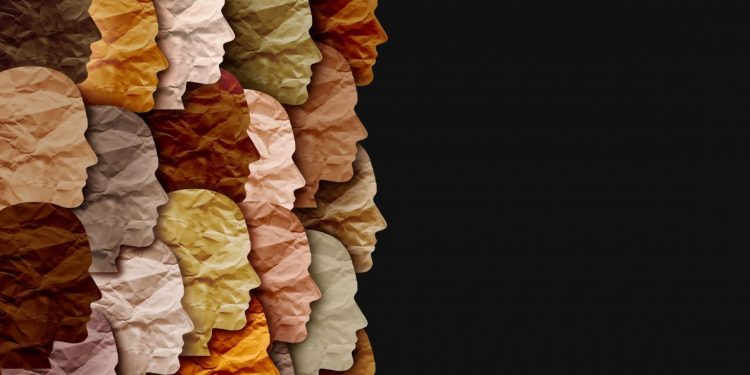My absolute bewilderment increases as I scroll through social media, watching video after video of people spewing hate on others, with the issue of race being the common denominator.
From teenage girls being bashed for their skin colour, to men in interracial relationships being labelled as “preying” on the women, I realise the aggressions, particularly targeted at minorities, are not stopping.
As I dug deeper into the incidents, I watched videos of people innocently going about their lives, only to be a target of hate. One particular video showed a teenage Malay girl on her way to work, only to get harassed by a Chinese lady, with words like “You brownies are the problem in my country.”
As a woman of mixed parentage, I have been on the different ends of the majority and minority spectrum. I have received comments from adults saying I am so rojak I would have to “choose” my race in the future. I have also received comments that I was ‘lucky’ to have studied Mandarin or I would have a hard time finding a job in Singapore due to the colour of my skin.
But where do these opinions come from? Are they born, or taught?
Offline: Micro Aggression and Casual Racism
The incidents that go unrecorded are equally as disturbing.
Reddit, a popular discussion website for Gen Zs and Ys alike, is also filled with stories of micro-aggressive behaviour targeted at minorities.
There was a particular thread about an Indian girl who recounted her experiences as a minority in school. She detailed the casual racism around school, saying: “When my teachers make jokes in Chinese and the whole class but me laughs, I let it be because they’re not trying to be mean right?”
On giving in to social pressures to be accepted, she shared: “When they made fun of my smelly hair, of my pigtails, I stopped applying coconut oil much to the distaste of my parents.”
These incidents of micro-aggressive behaviour may be few, but they speak volumes about the experiences of minorities in this little red dot we call home.
Tolerance vs Acceptance
The Cambridge dictionary states that tolerance is “willingness to accept behaviour and beliefs that are different from your own, although you might not agree with or approve of them,” while acceptance is the “general agreement that something is satisfactory or right, or that someone should be included in a group”.
Perhaps tolerance is what our nation sees as the norm. We do not go beyond acknowledgement of other races – but merely note that our neighbours are of a different race from ours, or look on judgingly as one is attacked for the colour of their skin.
As a Gen Z, I feel that the issue is a lack of understanding and acceptance of one another; each other’s history, customs, beliefs, and social etiquette.
As a friend of mine aptly put: “If you enjoy and accept the food of another culture, why can’t you accept the person of that culture?”
What Can We Do?
Of course, I am angry. My first instinct is to express my frustration in the comments of the posts I read, but I pause. I don’t want to push the tidal wave of hatred sweeping around Singapore. So I ask myself, “What can I do or what can we all do instead?”
I realise that in an age of visual appeal, we have stopped listening. But it is about time we listen, and we can use the power of technology to do so.
While I prefer books over technology, social media has been great in amplifying the voices of the unheard.
I encourage everyone, young and old, to use their social media platforms to educate themselves and listen to the issues and experiences of minorities. Instagram pages such as Minority Voices is an example of such a site.
I am happy to see that my fellow youths I call friends take time to learn more about cultures outside of their own. They also actively repost stories and educational resources highlighting the problems of racism in Singapore.
If everyone took the time to understand people of different cultures, we can build a community of both acceptance and empathy.
Even if racism has been prevalent throughout history, it does not mean we should accept it as a fact of life. It is time that we, as a nation, stomp it out regardless of race, language or religion.

